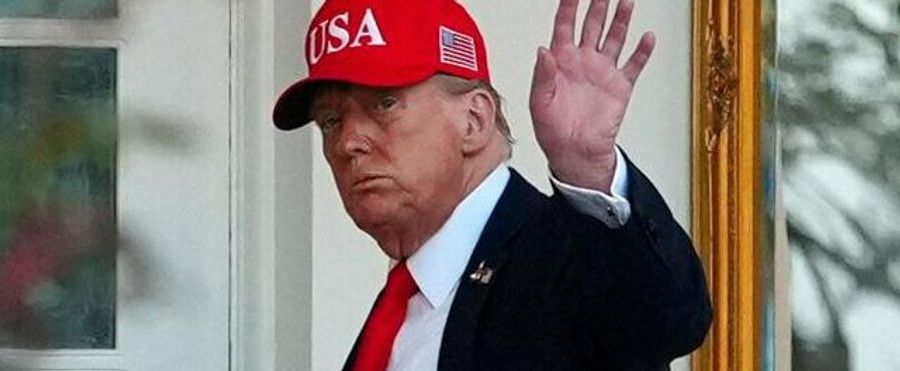The U.S. President is facing heavy criticism from both Japanese and American opposition for referring to the Kamikaze tactic employed by Japanese soldiers during World War 2. This move could potentially strain international relations, especially considering the sensitivity of the term. The article examines the implications of the remark and its impact on political discourse both domestically and internationally.
In Japan, any allusion to World War 2's events is taken very seriously due to the surrounding issues of historical perception and national sentiment. Therefore, the reference to “Kamikaze attacks,” considered as part of the country's dark history, has offended many. There's a significant share of public opinion that feels such statements should not be used lightly, as they disrespect the sensibilities tied to historical adversities and national identity.
Remarks such as these, likely intended to be inflammatory, are not foreign to global politics. In the U.S, for instance, political discourse often includes rhetoric intended to evoke emotional reactions. However, this type of discourse can have international repercussions, especially when it involves sensitive historical topics.

